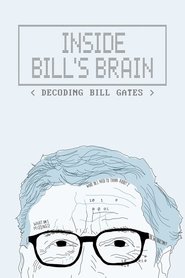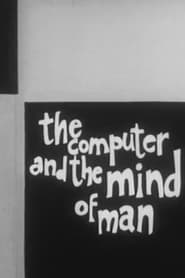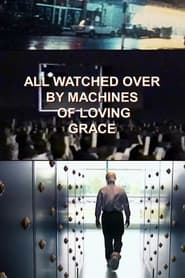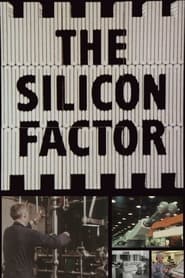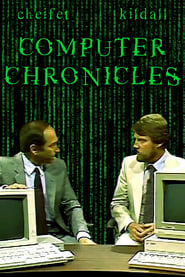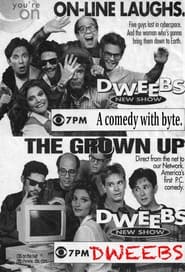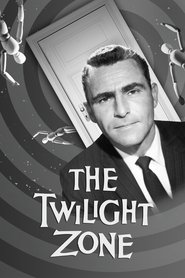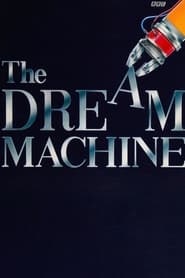
The Dream Machine - Season 1 Episode 1 Giant Brains
Englishman Charles Babbage conceived the basic idea of a computer about 150 years ago, as a machine that would eliminate error and relieve humans of the tedium of calculation. But it was not until the Second World War that the race to build the first computer began. In 1946, the Americans unveiled the ENIAC - it filled a large room, cost the equivalent of $3 million to build and had less power than a modern pocket calculator. Interviews: Paul Ceruzzi (computer historian), Doron Swade (London Science Museum), Konrad Zuse (inventor of the first functional computer and high-level programming language, d.1995), Kay Mauchly Antonelli (human computer in WWII and ENIAC programmer, d.2006), Herman Goldstine (ENIAC developer, d.2004), J. Presper Eckert (co-inventor of ENIAC, d.1995), Maurice Wilkes (inventor of EDSAC), Donald Michie (Codebreaker at Bletchley Park)
- Title: The Dream Machine
- Year: 1991
- Genre: Documentary
- Country: United Kingdom, United States of America
- Studio: BBC Two
- Director:
- Cast: Andrew Sachs, Lesley Judd
- Crew: Peter Howell (Original Music Composer), Jon Palfreman (Executive Producer), Michael Chin (Director of Photography), Brian Dowley (Director of Photography), Peter Hoving (Director of Photography), Richard Adam (Director of Photography)
- Keyword: computer, computer technology
- Runtime: 48 minutes
- IMDb: 0.00 / 10 by 0 users
- Popularity: 1.803
- First Air Date: Nov 17, 1991
- Last Air date: Dec 15, 1991
- Season: 1 Season
- Episode: 5 Episode
- Language: English
 Apple TV
Apple TV Google Play Movies
Google Play Movies Fandango At Home
Fandango At Home Netflix
Netflix Amazon Prime Video
Amazon Prime Video Amazon Video
Amazon Video MUBI
MUBI
